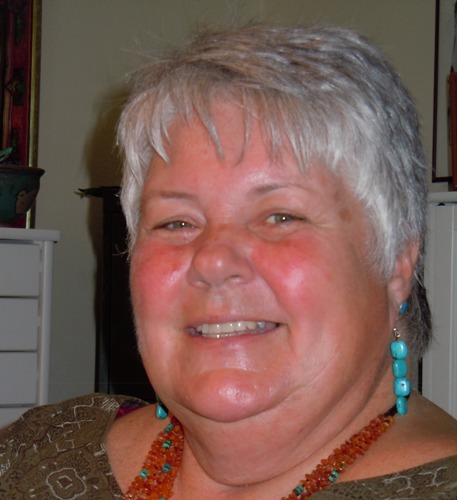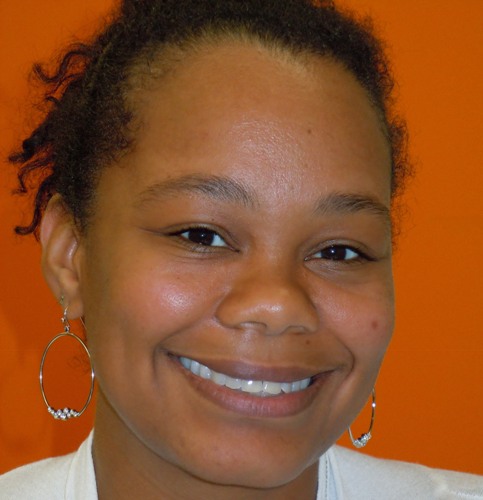Janet Connors
Program 155 • 29 mins
CDs available via special order. HumanMedia ®
Listen to excerpt:
Program 155 • 29 mins
CDs available via special order. HumanMedia ®
Listen to excerpt:
Janet Connors tells the agonizing story of losing her 19-year-old son, Joel, who was murdered during a home invasion in Boston in 2001. Before the tragedy, she was a long-time community activist, who had campaigned to make sure poor people’s heat would not be turned off in winter and drove families to visit an incarcerated loved one — because prisoners who maintained family connections had less recidivism. But upon her son’s sudden death, Janet’s core beliefs about justice were now “shaken to their core”. She decided to reject paralyzing depression and vengeance, and instead devotes her life today to teaching public school students about “restorative justice”, a philosophy that encourages forgiveness when wrongdoers accept accountability. We hear from Janet, and several members of Diploma Plus, a small learning community at Charlestown High School, one of several public schools where she works in Boston. She also serves as a Fellow at the Suffolk University Center for Restorative Justice.
 I believe there are a couple of layers to forgiveness. There’s one with no strings attached. That’s more about a spiritual freeing of self. One that makes sure that vengeance doesn’t eat you up, or turn your heart to stone. But there’s a more practical layer for me too. This is this face-to-face practical layer. This is [to offenders]: ‘You’re coming back out into our community. If you keep doing dirt, then you’re hurting our community again. And for me, you might as well kill my son all over again. So for me, that actual looking you in the eye, giving you forgiveness, not just in prayer or separate from you, has some accountability, and that I expect you to lead a good life.'”
I believe there are a couple of layers to forgiveness. There’s one with no strings attached. That’s more about a spiritual freeing of self. One that makes sure that vengeance doesn’t eat you up, or turn your heart to stone. But there’s a more practical layer for me too. This is this face-to-face practical layer. This is [to offenders]: ‘You’re coming back out into our community. If you keep doing dirt, then you’re hurting our community again. And for me, you might as well kill my son all over again. So for me, that actual looking you in the eye, giving you forgiveness, not just in prayer or separate from you, has some accountability, and that I expect you to lead a good life.'”
—Janet Connors, Teaches “restorative justice” after her son was murdered
 I think every time [Janet] tells her story, students immediately like perk up, they’re listening. They know someone who has been killed. They know, many of them, more than one person who’s been killed. And I think her pain really resonates with them. I think that they, for themselves, when they have so much anger, to see someone kind of letting that anger go and channeling it in another way is something that they’re not accustomed to seeing on a regular basis. And it’s really eye-opening for them that they say, oh my goodness, here’s this person who has lost a son and she’s not bitter, she’s not angry, she’s not going out and getting revenge, she’s doing this other thing to find that sense of peace.”
I think every time [Janet] tells her story, students immediately like perk up, they’re listening. They know someone who has been killed. They know, many of them, more than one person who’s been killed. And I think her pain really resonates with them. I think that they, for themselves, when they have so much anger, to see someone kind of letting that anger go and channeling it in another way is something that they’re not accustomed to seeing on a regular basis. And it’s really eye-opening for them that they say, oh my goodness, here’s this person who has lost a son and she’s not bitter, she’s not angry, she’s not going out and getting revenge, she’s doing this other thing to find that sense of peace.”
—Betsy Roter, Guidance counselor, Charlestown High School